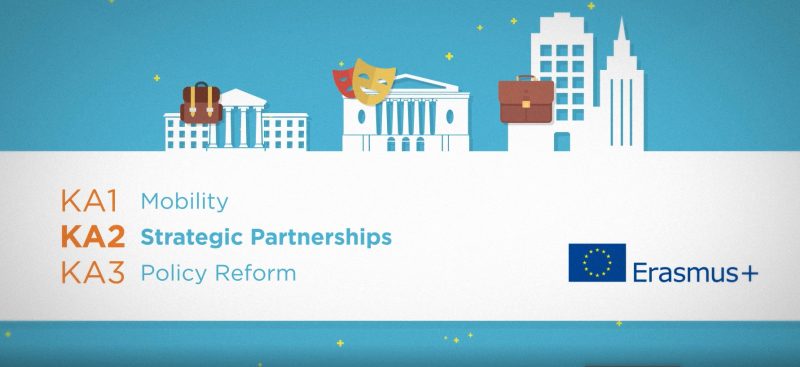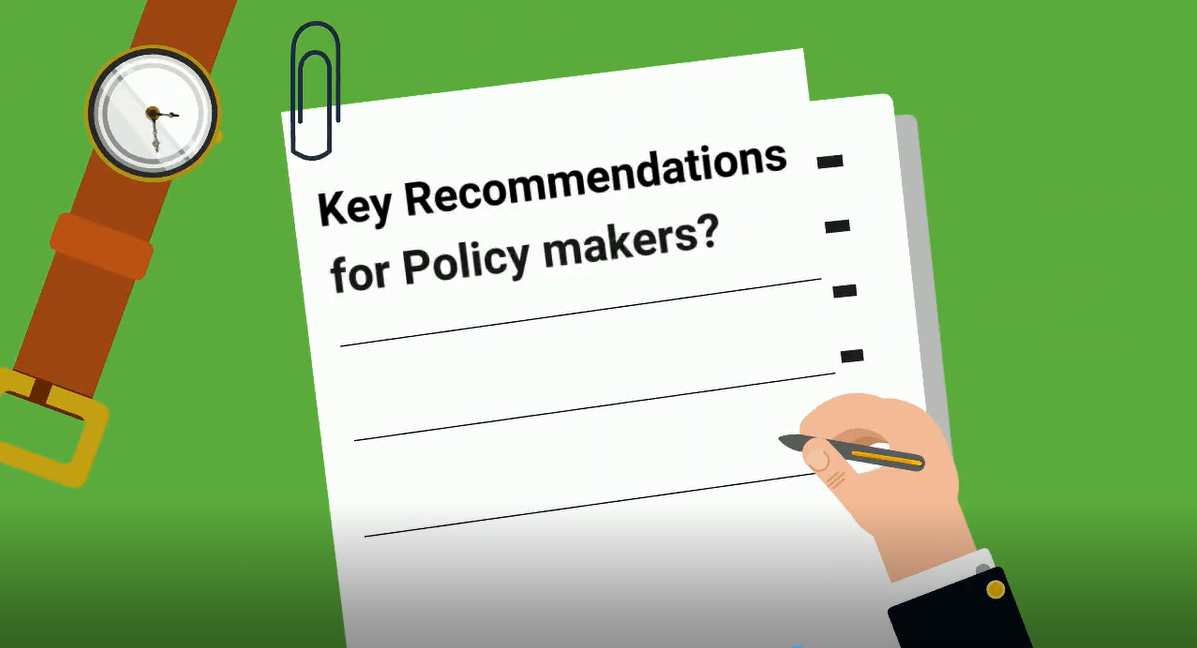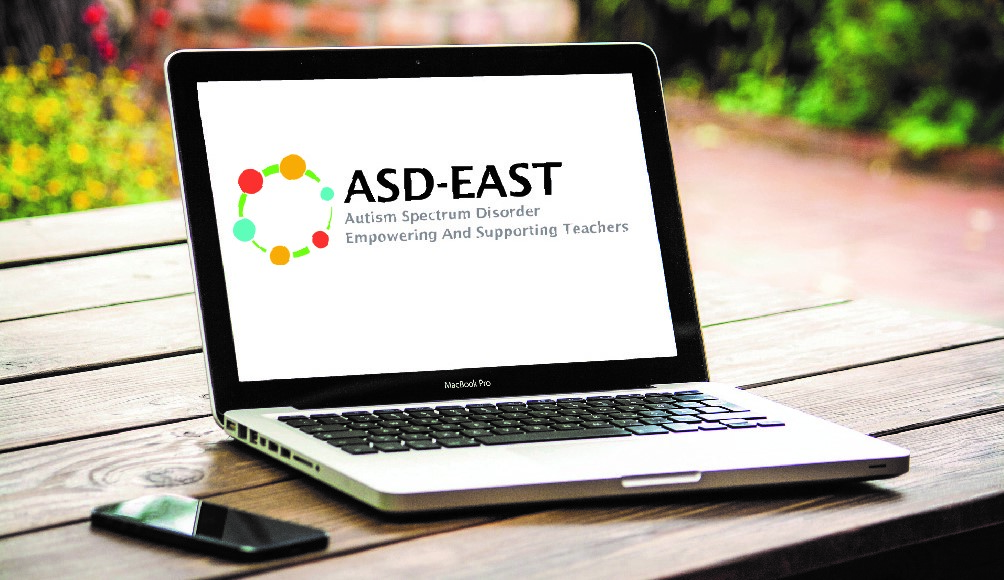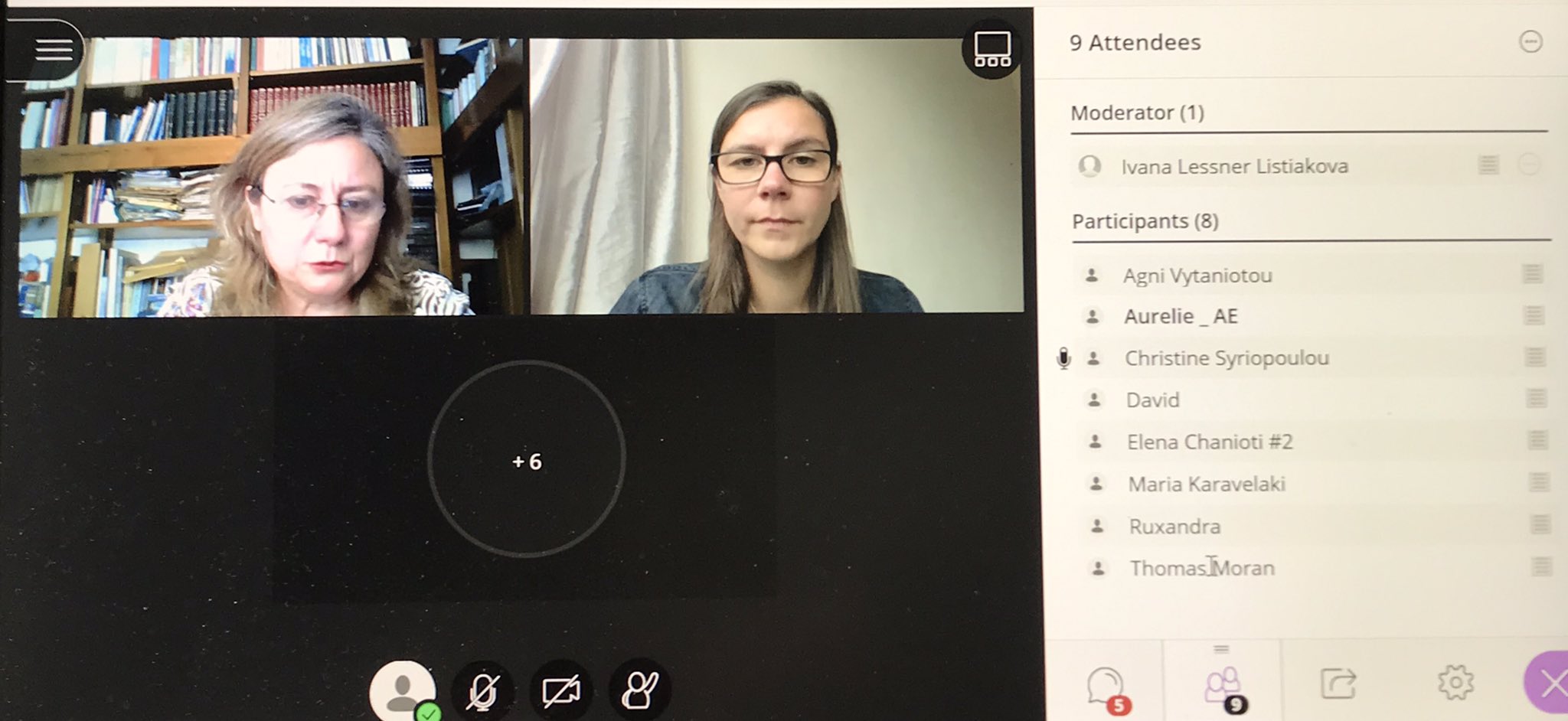The ASD-EAST project, launched back in 2018, supports nine organisations from across the fields of education and disability not just to develop training for the inclusion of learners on the autism spectrum, but also to share best practice and work collaboratively to help improve provision, boost growth, and create jobs. This article will help us understand how the European Union’s Erasmus+ programme makes all this work possible, and how inclusion is further fostered by other related Erasmus+ projects.
Erasmus+ is the European Union programme that contributes to the Europe 2020 strategy for growth, jobs, social equity and inclusion, as well as the aims of ET2020, the EU’s strategic framework for education and training. It runs for seven years, from 2014 to 2020, with organisations invited to apply for funding each year to undertake life-changing and worthwhile activities.
Over its lifetime, Erasmus+ has an overall budget of 14.7 billion euro. Funding is allocated through three Key Actions according to the type of activity and the sector of the applicant organisation. There are five sector categories: higher education, schools, adult education, vocational education and training, and youth. The strategic partnership activities of the ASD-EAST project are funded through Key Action 2 of the programme: Cooperation for Innovation and Exchange of Good Practices (Key Action 201: Strategic Partnerships for School Education).
Other Erasmus+ related autism projects
ESIPP– Equity and Social Inclusion through Positive Parenting
- Years: 2015- 2018
- Objective: To develop a locally appropriate Parent Education Programme (PEP) for families living with autism in south-east European countries.
- Countries involved: UK, North Macedonia, Croatia, Cyprus, and Belgium
- Partners of reference: University of Northampton, University of Zagreb, Centar za Autizam, Target Autism, Autism-Europe
- Website and more information: http://esipp.eu/
ETTECEC– Together we grow
- Years: 2017-2019
- Objective: To develop and implement an innovative pedagogical approach based on the inclusion paradigm of education by providing online training to preschool teachers so that they can better meet the needs of autistic children in inclusive schools.
- Countries involved: Spain, Slovenia, Czech Republic, and Belgium
- Partner of reference: Autism-Europe
- Website and more information: http://ettecec.eu
AMUSE- Autism in Mainstream Units in Schools Across Europe
- Years: 2016-2018
- Objective: To foster exchange of knowledge around the system of “Autism Units” within mainstream schools. Whilst this modality of provision has the potential to enhance inclusion, research concluded that there is a lack of robust, empirical evidence concerning practice and outcomes, and that more research is required to establish the effectiveness of this type of schooling.
- Countries involved: UK, Spain
- Website and more information: https://en.autismunits.eu/web/
TAE– Transform Autism Education
- Years: 2015-2017
- Objective: To gather a community of researchers, policy makers and practitioners in order to research current educational practices in autism in those respective contexts and to create professional development programmes in Greece and Italy.
- Countries involved: UK, Italy, Greece
- Website and more information: https://www.transformautismeducation.org/
IPA+ Autism- Training for Inclusion
- Years: 2016-2018
- Objective: To develop a basic training of reference for all professionals working with people on the autism spectrum – independently of their area of knowledge – which responds to the aforementioned gaps, the demands of the society in general and of this group of population and their families
- Countries involved: Spain, Serbia, Portugal, Belgium
- Partner of reference: Autism-Europe
- Website and more information: http://ipa-project.eu/







